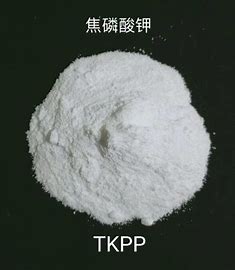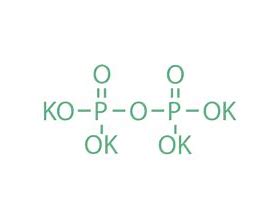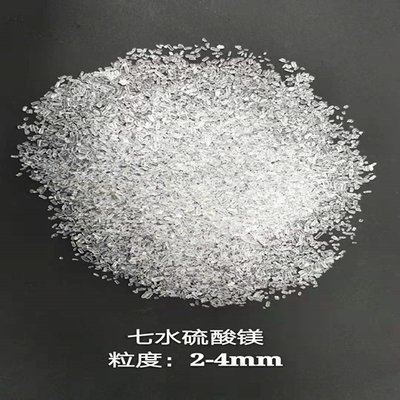Lithium hydroxide 1310-65-2 LiOH
I. Basic Information
| Item | Details |
|---|---|
| Chinese Name | Lithium Hydroxide |
| Chinese Synonyms | Lithium hydroxide; Anhydrous lithium hydroxide; Anhydrous lithium hydroxide, 99.995%(METALS BASIS); Lithium hydroxide (anhydrous); Anhydrous lithium hydroxide, 98%; Anhydrous lithium hydroxide (2 – 8°C); Lithium hydroxide, anhydrous, 99.995%(METALS BASIS); Lithium hydroxide, anhydrous, 98% |
| English Name | Lithium hydroxide |
| English Synonyms | “Lithium hydroxide, anhydrous/99%”; Lithium hydroxide, 99%[anhydrous]; Lithium Hydroxide Anhydrous[for General Organic Chemistry]; Lithium hydroxide, anhydrous, pure, 98%500GR; LITHIUM HYDROXIDE 98+100G; LITHIUM HYDROXIDE 98+1KG; Lithium hydroxide powder, reagent grade, >=98%; Lithium hydroxide reagent grade, 98% |
| CAS Number | 1310 – 65 – 2 |
| Molecular Formula | LiOH |
| Molecular Weight | 23.95 |
| EINECS Number | 215 – 183 – 4 |
| Related Categories | Inorganic chemicals, Inorganic bases, Lithium salts, Reagent Grade, Chemical reagents |
| Item | Details |
|---|---|
| Physical Properties | The relative density of anhydrous lithium hydroxide is 1.45g/cm³, the melting point is 470℃ (dec.) (lit.), the boiling point is 925℃, and the bulk density is 550kg/m³. The solubility in water at 20℃ is 12.8g/100ml (the solubility increases with increasing temperature, 17.5g/100ml at 100℃). Solid, specific gravity 2.54, pH value 12 (50g/L, H₂O, 50℃), solubility in water is 113g/L (20℃) |
| Chemical Properties | strong base, which can fully react with strong acids or weak acids in an aqueous solution. It absorbs carbon dioxide in the air to form lithium carbonate. It is slightly soluble in ethanol and soluble in water, but its solubility is lower than that of other alkali metal hydroxides. It is corrosive and can corrode glass and ceramics at general temperatures. Its chemical formula is LiOH, with a molecular weight of 23.95, and it is prepared by the reaction of barium hydroxide and lithium sulfate solution. It can be used to prepare lithium halides and many other lithium salts. |
II. Physical and Chemical Properties
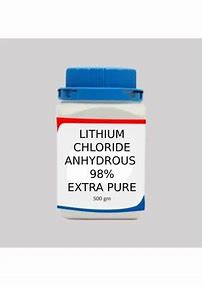
(I) Physical Properties
Anhydrous lithium hydroxide appears as white tetragonal crystalline particles or fluid powder. It has a relative density of 1.45g/cm³, a melting point of 471.2°C, and a boiling point of 1620°C. Monohydrate lithium hydroxide is a white hygroscopic single-crystal powder with a relative density of 1.51g/cm³ and a melting point of 680°C. When the temperature is higher than 100°C, it loses its crystal water and transforms into anhydrous lithium hydroxide. It has a certain solubility in water. At 20°C, 12.8g of it can dissolve in 100ml of water, and the solubility increases with the rise of temperature. At 100°C, it can reach 17.5g/100ml. In addition, its bulk density is 550kg/m³. The pH value is 12 in an aqueous solution of 50g/L at 50°C. It is white in appearance, odorless, in solid form, with a specific gravity of 2.54.
(II) Chemical Properties
Lithium hydroxide is a strong base and can fully react with strong acids or weak acids in an aqueous solution. In the air, it easily absorbs carbon dioxide and forms lithium carbonate. Although it is soluble in water, its solubility is lower than that of other alkali metal hydroxides, and it is slightly soluble in ethanol. Both its solid and concentrated solution are corrosive and can corrode glass and ceramics at general temperatures.
III. Production Method
Currently, the causticization of lithium carbonate method is the main process for producing lithium hydroxide at home and abroad. In this method, refined lime milk and lithium carbonate are mixed in a ratio of 1.08:1. The caustic solution concentration is adjusted to 18g/L – 20g/L, then heated to boiling and vigorously stirred. The reaction lasts for about 30 minutes, and the following chemical reaction occurs: [Specific chemical reaction formula].
IV. Application Fields
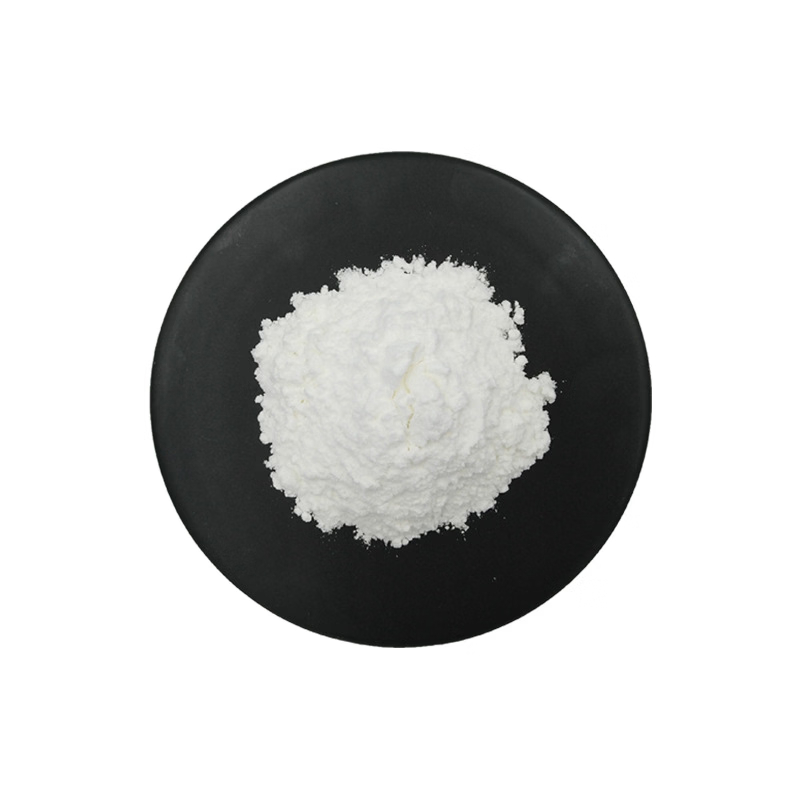
(I) Lubricating Grease Production
Lithium hydroxide is one of the key raw materials for producing high-grade lithium-based lubricating grease. The lithium-based lubricating grease produced with it has many excellent characteristics, such as long service life, strong water resistance, good fire resistance, difficult oxidation, and stable performance during multiple heating – cooling – heating cycles.
(II) Battery Industry
In the battery industry, lithium hydroxide is used as an additive for alkaline batteries and nickel-metal hydride batteries. Batteries added with lithium hydroxide can not only extend their service life but also increase their power storage capacity, playing an important role in improving battery performance.
(III) Other Fields
In addition to the above applications, lithium hydroxide is also widely used in industries such as metallurgy, petroleum, glass, and ceramics. At the same time, it is an essential raw material for the national defense industry, atomic energy industry, and aerospace industry.
V. Safety and Storage
(I) Safety Information
Lithium hydroxide is a corrosive substance and is classified as highly toxic. The LD50 of oral administration to mice is 200 mg/kg. It has a hazard symbol C (corrosive). The hazard class codes include 52/53 (Harmful to aquatic organisms, may cause long-term adverse effects in the aquatic environment), 35 (Causes severe skin burns), etc. In terms of occupational standards, the STEL (Short-Term Exposure Limit) is 1 mg/m³.
(II) Storage and Transportation Characteristics
During the storage and transportation of lithium hydroxide, it should be stored in a well-ventilated, low-temperature, and dry warehouse and separated from acids.
VI. Market Price (Reagent Grade)
The price of reagent-grade lithium hydroxide varies depending on product specifications and packaging. Taking the market information on February 5, 2025 as an example, for anhydrous lithium hydroxide with 99.995% (metals basis), the price for a 5g package is 873 yuan, and the price for a 25g package is 2791 yuan.
VII. Upstream and Downstream Products
(I) Upstream Raw Materials
The main upstream raw materials for the production of lithium hydroxide are calcium hydroxide and lithium carbonate.
(II) Downstream Products
Its downstream products are diverse, covering lithium salts such as lithium chloride, lithium bromide, lithium nitrate, and lithium sulfate, as well as lubricating products such as lithium-based lubricating grease and molybdenum disulfide lithium-based lubricating grease, and fine chemical intermediates such as 1 – BOC – 3 – hydroxymethylpiperazine and 5 – methylisoxazole – 3 – carbonyl chloride.

